Much of the information in circulation about migration focuses on institutions (laws, policies), quantitative data, and macro level observations, reflecting the research of academics or other experts, the institutional perspectives of governmental or nongovernmental agencies, and the opinions of politicians and voters. While it is important to know what all of these parties think about migration, those best able to articulate the lived experience of migration, and the human consequences of migration laws and policies are migrants themselves.
The following series, Migrant Narratives, focuses on a range of issues relating to migration, migrant detention and deportation, and asylum processes considered from the perspectives of migrants themselves.
Each installment of this series will feature an issue, which will be addressed by introducing several testimonial narratives of migrants, in many cases linking to digital stories or other audiovisual materials or texts that record longer and more complete versions of each these personal narratives.
It will also suggest possible solutions to the problems identified in the narratives.
These Migrant Narratives can be used in research and teaching, as well as to inform policy makers and agencies serving migrants of community needs. They are meant to complement Immigration Facts and other materials that help all of us to better understand the dynamics of migration in the contemporary world. While series reflects the specific context of the United States and Mexico, the issues addressed have global implications.
9.23.25

Presidential Authority to Protect (or Expel) Vulnerable Migrants
By Robert McKee Irwin
For many years, Congress has been deadlocked on updating immigration and asylum laws, so recent presidents have used executive orders and other policy tools to address what some view as a human rights or national security crisis. However, these actions lack the permanence of law and remain vulnerable to court challenges or reversal by future administrations.
9.23.25

New Policies of Prohibition and Expulsion
By Robert McKee Irwin
While some actions taken by the second Trump administration to remove noncitizen immigrants and prevent unauthorized entry have been challenged in court, others are clearly legal. Nonetheless, these policies can harm vulnerable immigrants in ways that raise serious humanitarian concerns.
5.11.23

Migrants Fleeing from Organized Crime
By Chandler Thompson and Robert McKee Irwin
Since victims of organized crime may have trouble proving that they were targeted as members of a defined social group, it is often difficult for them to make the case for asylum, especially if applicants lack legal representation, which can be costly.
4.7.23

Migration in the Face of Homophobic and Transphobic Violence
By Robert McKee Irwin
While migrants who are victims of homophobia or transphobia might have an easier time justifying an asylum claim, the United States continued implementation of policies aimed at deterring asylum seekers, has made migration an increasingly hazardous undertaking for LGBT+ people fleeing for their lives.
3.17.23
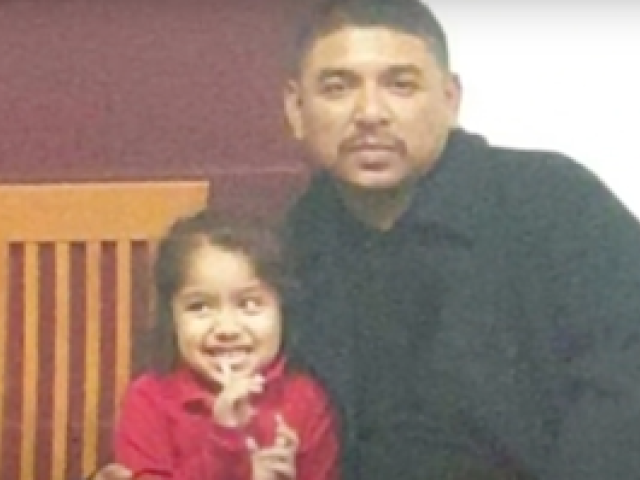
Difficulties Faced by Children of Deported Parents
By Chandler Thompson
The uncertainty surrounding the deportation process can cause acute psychological distress in children, and if deportation does take place, children may be separated from their parents for years, perhaps indefinitely.
2.7.23
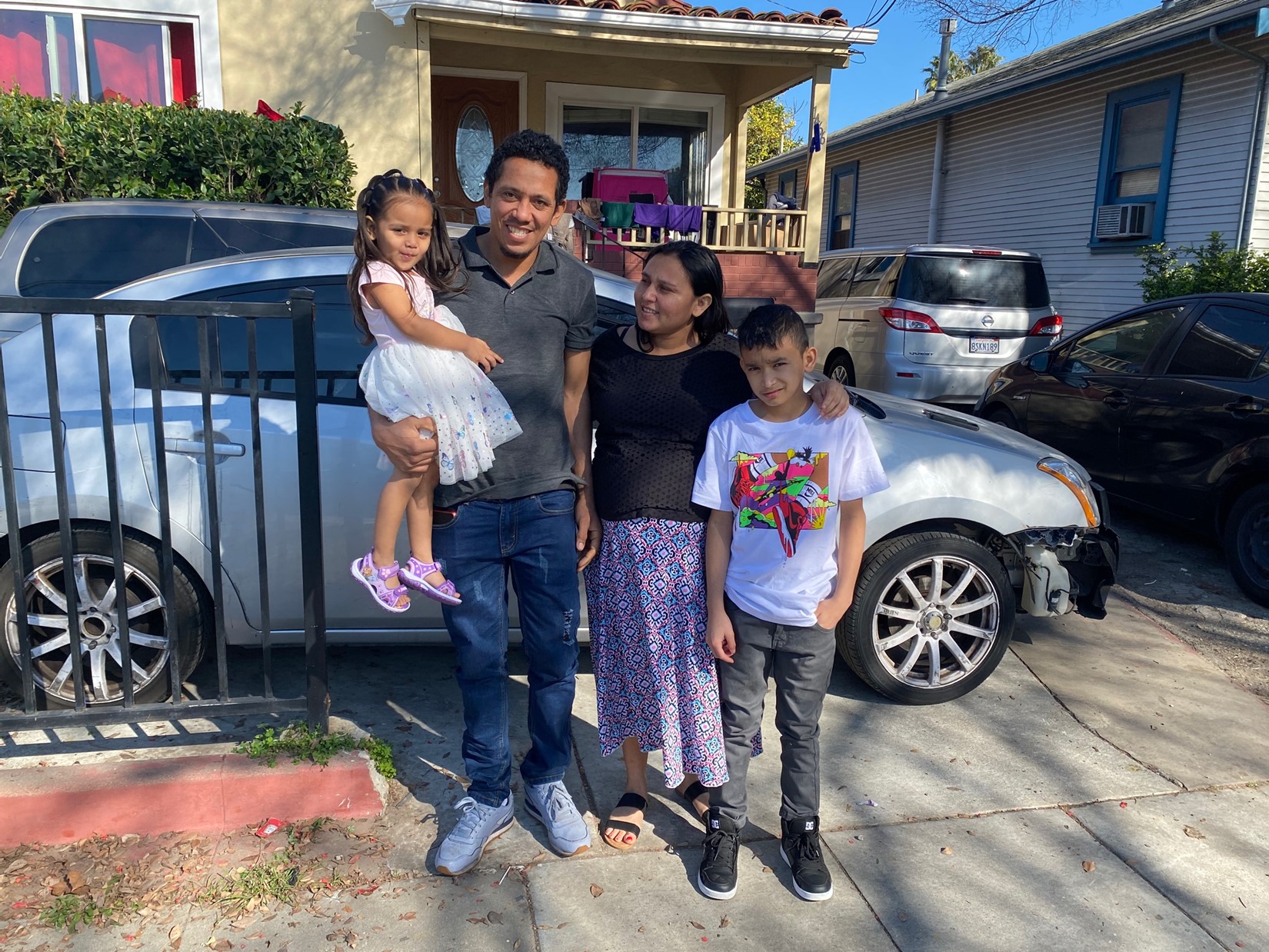
Effects of Policies of Deterrence on Contemporary Migration Experiences
By Robert McKee Irwin
As a result of policies that make migrating more difficult for those hoping to cross the US southern border by land, some journeys have stretched on for years, often exposing migrants to extreme danger, and resulting in extended periods of family separation.
8.31.22

Police Collaboration with ICE
By Robert McKee Irwin
Many immigrants who pose little or no threat continue to be handed off to ICE by law enforcement, without any consideration of the consequences of their potential deportation for the immigrants – or for their families, including dependent children.
6.21.21

Bringing Deported Migrants Home to the US
By Robert McKee Irwin
The vast majority of migrants who get deported from the United States, including those with US citizen spouses or children, are highly unlikely to find a way to return to the country under current law.
6.4.21

Domestic Violence and Asylum Law
By Ernesto Zarco Ortiz and Robert McKee Irwin
For many female victims of domestic violence in Central America, migration constitutes a primary survival strategy. Unfortunately, the wording of US asylum law does not spell out protections for domestic violence and some US authorities have sought to exclude it as a justification for asylum claims.
3.29.21

Central American Migrants and Asylum Seekers
By Robert McKee Irwin
Since the arrival of the migrant caravans of late 2018, the US has implemented a number of policies to deter the arrival of asylum seeking migrants from Central America at the US’s southern border. In absence of any clear statements on new revisions of asylum assessment criteria, it is seems likely that the vast majority of those currently waiting admission in Mexican border cities will end up getting deported back to their home countries.
12.9.20

Deported Mothers: Mental Health and Family Separation
By Maricruz Castro Ricalde and María José Gutiérrez
Deportation of parents causes emotional and psychological impacts on women’s and men’s health. The process of deportation affects parents emotionally even before the deportation occurs, with feelings such as fear and anxiety of being indefinitely separated physically and emotionally from their loved ones. Family separation upon deportation not only affects the well being of the parents but of the children as well, whether they stay behind without a parent or are forced to move to a country that is foreign to them.
11.23.20

Australian Detention Centers and Immigration Policies
By Ellen Opsal, Ali Dorani and Linn Normand
Australia currently practices some of the most severe detention policies in the world. Through the policy of mandatory detention, individuals living in or arriving in the country without a valid visa are automatically detained. First established in 1992 in an attempt to deter the increasing number of refugees arriving by boat, mandatory detention is today a central component of Australia’s immigration policy. With no limitation on how long people can be detained for, the past decade has shown a steady increase in the average number of days people are held in detention facilities.
11.5.20
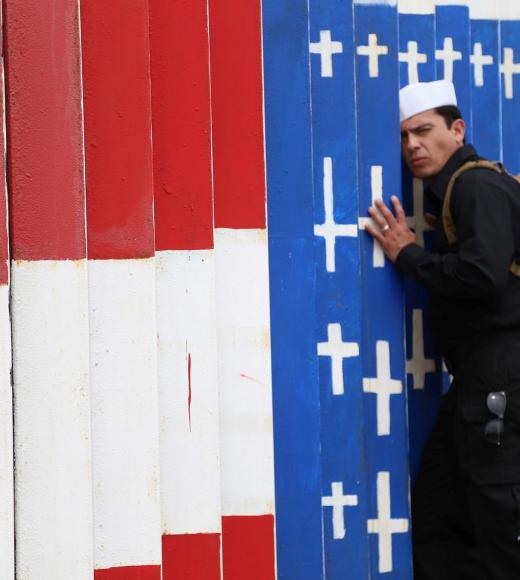
Deportation of Military Veterans
By Robert McKee Irwin and Lizbeth De La Cruz
Since the passage of the Illegal Immigration Reform and Immigrant Responsibility Act in 1996, the United States has deported thousands of non-citizen military veterans. Homeland Security has actively sought to deport all permanent residents with records, making veterans eligible for deportation, without considering their record of patriotism and service to the country. Veterans who have been honorably discharged, even those who have defended the country in high risk military combat, continue to be routinely deported.
10.19.20
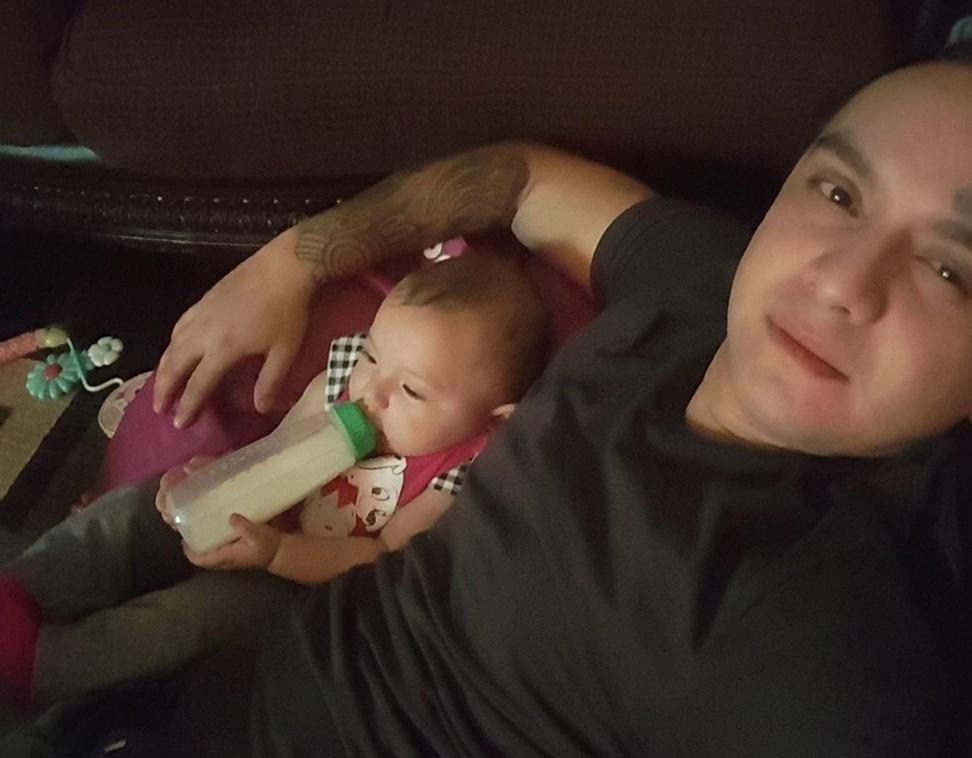
Criminalization of Childhood Arrivals
By Lizbeth De La Cruz and Robert McKee Irwin
The threat of the termination of the Deferred Action for Childhood Arrivals (DACA) program has evoked urgent attention on the plight of migrants enrolled in this program, while obscuring the larger issue of the effects of contemporary migration law on all childhood arrival migrants. Some young adults with no criminal record may be ineligible for DACA and vulnerable to deportation because of a past history of juvenile delinquency, or due to racial profiling by law enforcement officers. Indeed, many childhood arrivals have already been deported after being questioned by law enforcement officers about crimes they did not commit and with which they were not charged.
6.24.20

Deferred Action for Childhood Arrivals
By Lizbeth De La Cruz and Robert McKee Irwin
Although the US Supreme Court recently ruled to disallow DACA’s immediate cancellation by the current presidential administration, there is no guarantee that the program will not be shut down soon. DACA also only covers certain childhood arrival profiles and does not fully address the ethical dilemma implied in subjecting those who migrated as children to harsh penalties such as deportation.
5.27.20
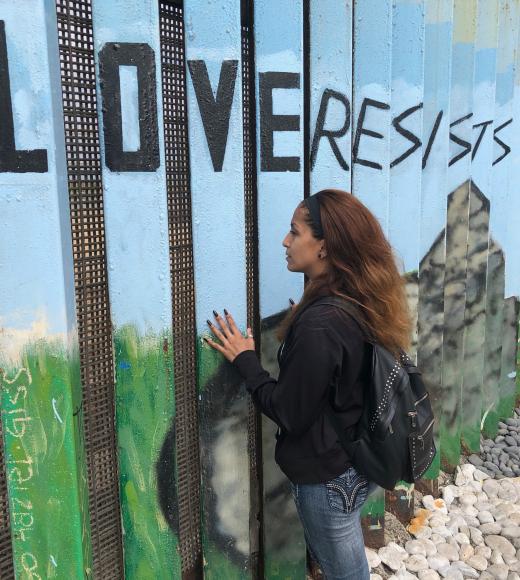
Deported Childhood Arrivals
By Robert McKee Irwin
The deportation of immigrants who came to the United States as children (“childhood arrivals”) generates specific and acute hardships. Childhood arrivals, who were raised in the US, often identify as US Americans, and generally have not lived in their birth countries as adults, are often unprepared to start a new life in their birth country. For many childhood arrivals, deportation amounts to banishment to a foreign land.
5.4.20

Police Harassment of Deported Migrants
By Robert McKee Irwin
Mexican migrants may have difficulties reestablishing their lives in Mexico following a deportation. Mexican police often target deported male migrants, harassing, extorting, beating and jailing them without cause, thus making these migrants’ transition to living productive lives in Mexico especially difficult.
4.14.20
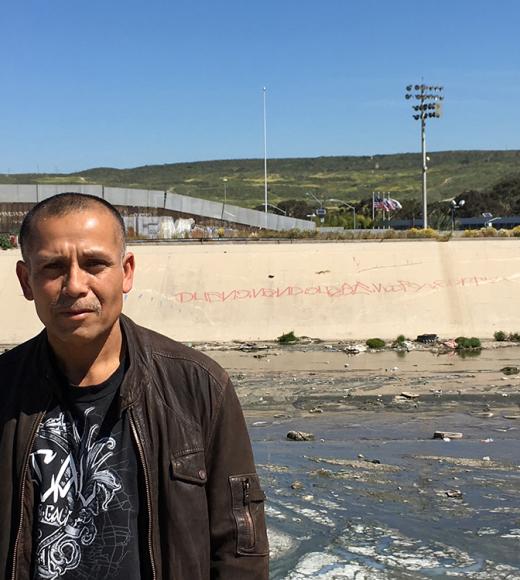
Deportation, Trauma and Homelessness
By Robert McKee Irwin
Deportation is often a traumatic experience that may evoke feelings of despair that, over time, may lead to mental health breakdowns and addictions, sometimes ending in homelessness or even death. These consequences are generally much more severe than the infractions that trigger deportations.
